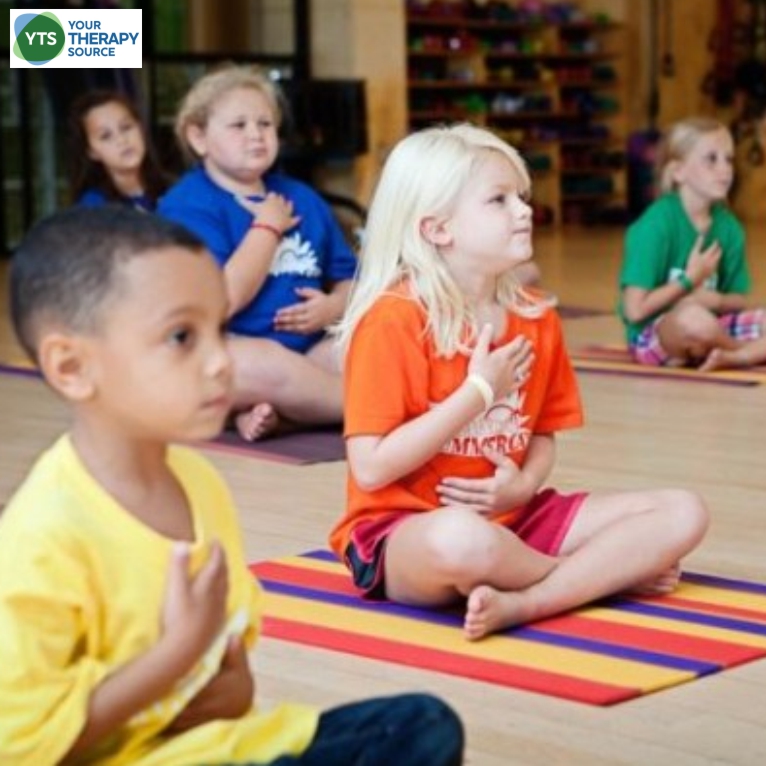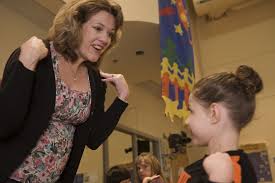
In recent years, developmental psychology research has focused a lot on the idea of self-regulation in young children. Self-regulation, in short, is the ability to change your behavior to meet the needs of the situation (Kopp, 1982).
When environmental factors are maintained equal, performance variation still exists, indicating that individual differences are a significant factor that determines whether children succeed in school or not.
To know the relationship between the early self-regulation of children and their academic success, we should have an idea of what exactly self-regulation is-
What is self-regulation–
Self-regulation is the capacity to comprehend and control your behavior and responses to your feelings and the world around you. When a child is learning self-regulation, he will be able to control his feelings over different situations like anger, embarrassment, fear, frustration, etc.
Also, children will be able to focus on a particular task and not shift their focus from one task to another.
They will learn how to deal with impulsive behavior and how to behave in a calm manner even after having experienced something upsetting or exciting.
How important is to learn self-regulation
Self-regulation helps children become attentive in class and the child pays attention to what is being taught to them.
It teaches a child how to manage their urges, it is important that they exhibit behavior that is socially acceptable.
Self-regulation enables your child to share their belongings, take turns during conversations and activities, and appropriately express emotions.
Hence, Self-regulation enables your child to make proper decisions about behavior and learn how to behave in different situations with less supervision from you, your child will become more independent.
According to research conducted at the universities of Zurich and Mainz, instructing elementary school students in the art of self-regulation has a positive effect on their future academic performance.
Recent events, such as the pandemic-related closure of schools and the rise in children’s use of digital media, have highlighted the need to learn self-regulation skills, particularly for children.
According to a number of studies, adults who exhibited self-control when they were youngsters tend to have higher incomes, better health, and a higher level of overall life satisfaction. Hence, learning the skills of self-regulation at a very young age can be beneficial for a better future of children.
How to teach self-regulation at school

When we discuss the matter of teaching self-regulation skills at school, the first thing that comes in mind is that in primary schools, how can we educate students to self-regulate so that it doesn’t take up too much of the day? Or does teaching these skills have the potential to help students do better in school in the long run?
A group of economists from the University of Zurich (Switzerland) and Johannes Gutenberg University Mainz (Germany) worked together to look into these questions.
Using a randomized controlled study with more than 500 first graders in elementary schools, the research team was able to show that even a short training unit lead to a significant and long-lasting improvement in self-control and that the training didn’t just make the kids better at self-control.
As per the study, One year after the training, their reading skills were much better and they were more aware of careless mistakes. Three years after the training, they were much more likely to get into a selective academic secondary school.
Ernst Fehr, professor in the Department of Economics at the University of Zurich, says that
their study demonstrates how the training of this skill can be explicitly integrated into the curriculum of elementary schools at an early age. Increased self-regulation enables youngsters to assume greater responsibility for their own learning and to create and pursue their own goals.
The process of teaching self-regulation can easily fit into the regular schedule without disturbing the actual classes. The training unit lasted only five hours, and teachers took part in a three-hour training session and received fully developed teaching materials that they could incorporate right into the regular class schedule. Due to concerns from prior practical experience, the study authors designed the training units in such a way that they could be introduced in any primary school setting.
The teachers used a picture book and a hurdle jumper as role models, to explain an abstract strategy in a fun way. In the first step, the kids thought about the good things that would happen if they reached their goal. Further, they compared them to things that could go wrong on the way (“Mental Contrasting”).
The kids then came up with specific ways to deal with the problems and made “when-then” plans (“Implementation Intention”).
Conclusion
The first author, Daniel Schunk, professor of public and behavioral economics at Johannes Gutenberg University Mainz, says that it is important that education policies pay more attention to the fact that early investments in such self-regulation skills not only help the child on their own but also benefit society as a whole.
Also Read: Lifestyle and Disease in Children of the POST-Covid Era












